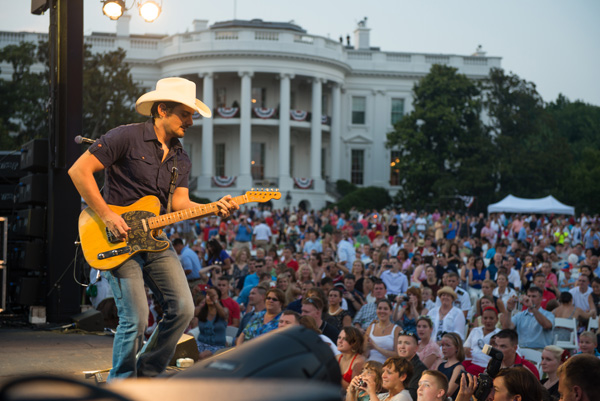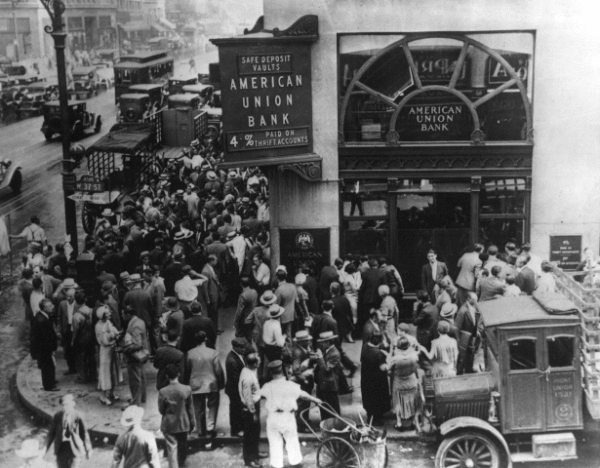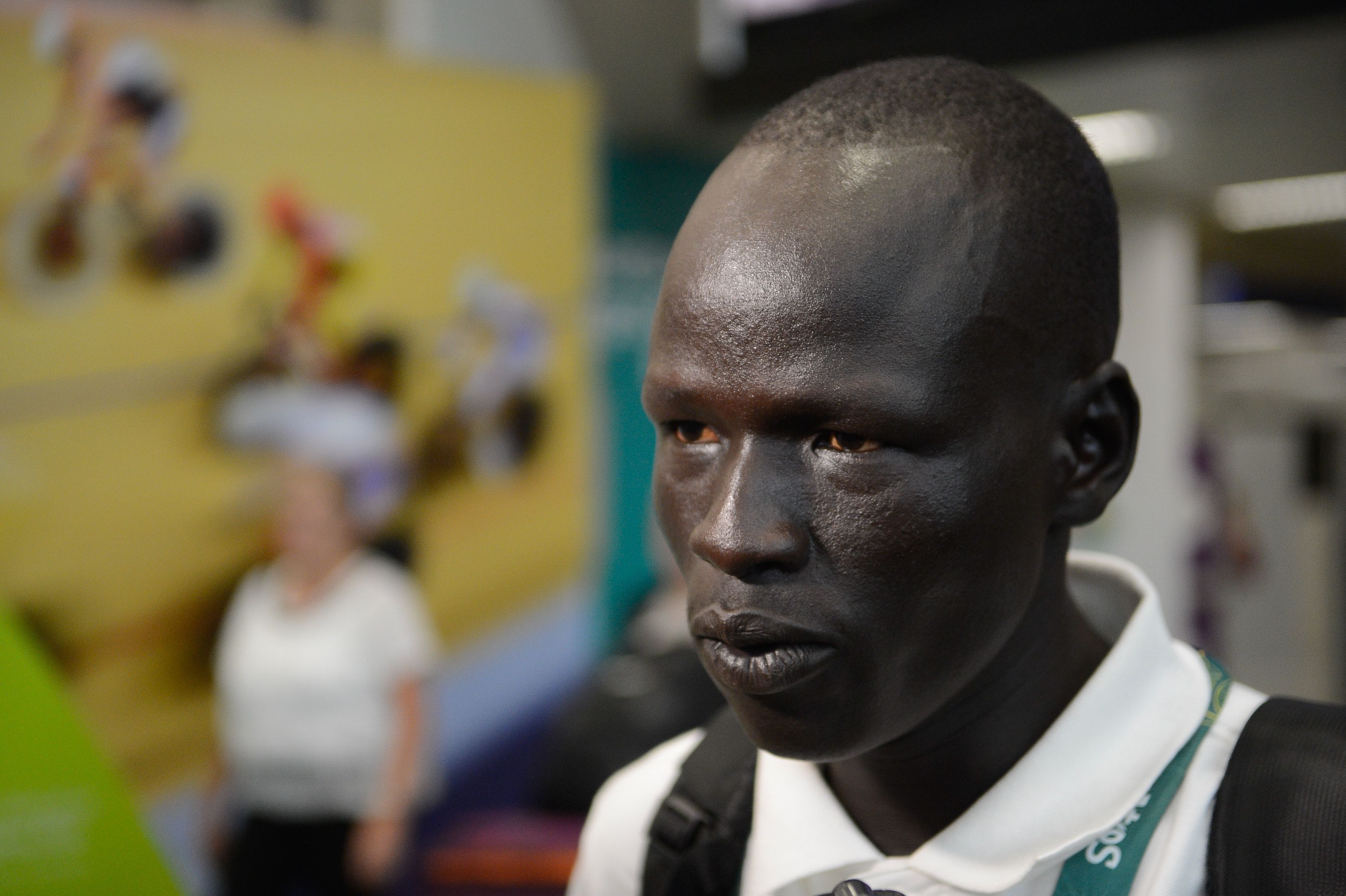Country music has long been referred to as “America’s music.” Originating in the Southern United States in the early 1920s, country music finds its roots in American folk, blues and Western music, and prominently features stringed instruments such as the banjo, acoustic guitar and fiddle. Since its origin, country music has evolved into much more than just a genre; it has become a vehicle for American values and patriotism, often used to boost the public and the armed forces’ morale during times of conflict.
In the 1960s and 70s, American popular music was something of a national referendum on US involvement in the Vietnam War. As anti-war hits like “Give Peace a Chance” by John Lennon and Yoko Ono and “Bring Them Home” by Pete Seeger topped the charts, mainstream music became more clearly associated with the pacifist movement. As a result, public opinion began to turn against the war. In the 1980s and 90s, American popular music made yet another political statement through its series of globalized fundraising concerts aimed at addressing a wide range of social issues including poverty, hunger, apartheid, environmental degradation, and AIDS. Throughout these decades, country singers continued to bring stories of family, unity, patriotism and life in small town America to their predominantly Southern audiences, and the genre remained something of a niche amidst the rock ’n roll of the 60s and 70s and the theatrics of hair metal and pop music of the 80s and 90s.
In the wake of 9/11, the American music scene changed. Many Americans who once listened to songs associated with defiance, rebellion, and the anti-war movement found themselves searching for music that could be used in the service of nation-building, mourning, patriotism and healing. Almost overnight, themes like unity and patriotism that country artists had always focused on in their music began to appeal to major audiences. As a result of this rapid rise in popularity, country anthems began to push the envelope more than ever by openly supporting the government’s decisions to invade Afghanistan and Iraq, which in turn captured the hearts and minds of hundreds of thousands of American listeners. Such songs include “Where Were You (When the World Stopped Turning)” by country heavyweight Alan Jackson and “Where the Stars and Stripes and the Eagles Fly” by Aaron Tippin. Country music became more popular than ever before in the United States. To date, US Armed Forces Entertainment Services has booked over 50 country music acts to travel overseas to perform for troops stationed in Afghanistan and Iraq — more than any other genre.
When one country group went against the grain by challenging the US government on its invasion of Iraq, the rapidly-growing country music fan base reacted strongly. In 2003, before a crowd in Shepherd’s Bush Empire Theatre in London, Natalie Maines of the Dixie Chicks stated, “Just so you know, we’re on the good side with y’all. We do not want this war, this violence, and we’re ashamed that the President of the United States is from Texas.” The response from fans back in America was swift — local radio stations boycotted the group and some former fans even bulldozed piles of Dixie Chicks CDs. Ten years after Maines’ comments, many country fans still boycott the group.
Despite this, one may reasonably argue that the popularity of patriotic country music following 9/11 has dropped significantly in recent years. Over the past two years, country music hits have begun to feature auto-tune, rock drumming and appearances by popular hip-hop artists more than ever before. A new sub-genre commonly referred to as “Country Party Starters” has skyrocketed in popularity, with lyrics focusing mainly on drinking, spring break and tailgate parties. Of the top 40 country songs in America for the week of April 7th, 2014, not a single one features a political message. This might signal a subtle shift in the mindset of the American people post-9/11, especially given the fact that the war in Iraq has ended and US missions in Afghanistan are winding down.
The rapid rise in popularity of patriotic country music may be used to sum up American values and the public’s perceptions of their country following the terrorist attacks. The recent shift away from patriotic country to a more party-centric country music may signal the beginning of a post-post-9/11 era in the minds of the American people.





